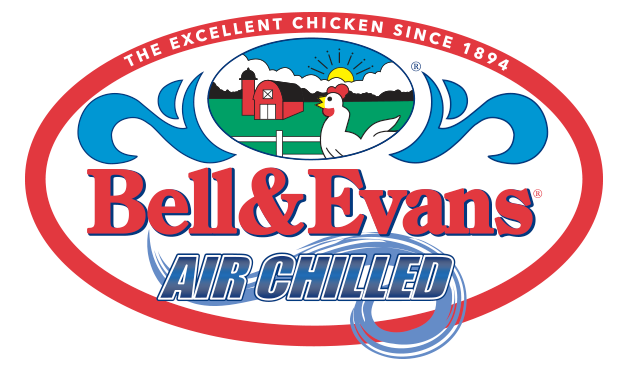Some commodity chicken producers claim to wipe down their eggs with baby wipes. We don’t do this at Bell & Evans, and I think this practice raises some questions.
Freshly laid eggs have a natural, anti-bacterial coating on them called the bloom that keeps bacteria from entering. Shells are porous, so when you wash off the bloom, bacteria can invade the egg. Now, add in all of the foreign, chemical ingredients found in baby wipes, and you can assume traces of those chemicals make their way inside the egg. Not all baby wipes were created equal, so my first question is what kind of baby wipes are being used? I picked up a small tub of brand-name baby wipes at my local grocer to see what’s in them. Ingredients include “sorbitan caprylate,” “disodium EDTA,” “fragrance” and more. The majority of baby wipes will have some combination of detergents, moisturizing agents (meant to penetrate!), fragrance and preservatives in them.
I would also like to know how the eggs are wiped down. I can’t imagine that it’s done by human handling – it would take an army of workers to wipe down double-digit millions of eggs a week. This would also open up the risk of bacteria transferring from human to egg, even if the workers are constantly changing gloves. If it’s done by machine, how effective is this method at thoroughly cleaning the eggs and keeping bacteria at bay? One producer claims to ask its farmers to clean the eggs off with wipes before shipping them to the hatchery facility. Think of all the opportunities bacteria has to infiltrate those eggs during their journey!
They’ll argue that consumers will let them do to their chickens as they would do to their kids. Well, a baby is a little bigger and hardier than a chick embryo. I’ll admit that it’s a nice marketing tactic to portray some person cradling each egg, wiping it clean like they would a baby’s bottom and gently setting it back into its crate. Unfortunately, that’s all it is…marketing!
The best way to care for eggs is to start by keeping nesting boxes at the breeder farms as clean as possible so that the eggs start out clean. The less you handle the eggs, the better. We use an organic-approved sanitizer to clean our eggs prior to incubation. Unfortunately, formaldehyde fumigation is used as a traditional sanitizing method in most hatcheries, and it’s toxic and harmful to both the embryos and workers. We use NO formaldehyde at our Bell & Evans Certified Organic and Animal Welfare Focused Chicken Hatchery. Our organic disinfectant does the trick. No baby wipes needed!


This makes so much sense. It’s just not feasible that they would actually wipe down every single egg.